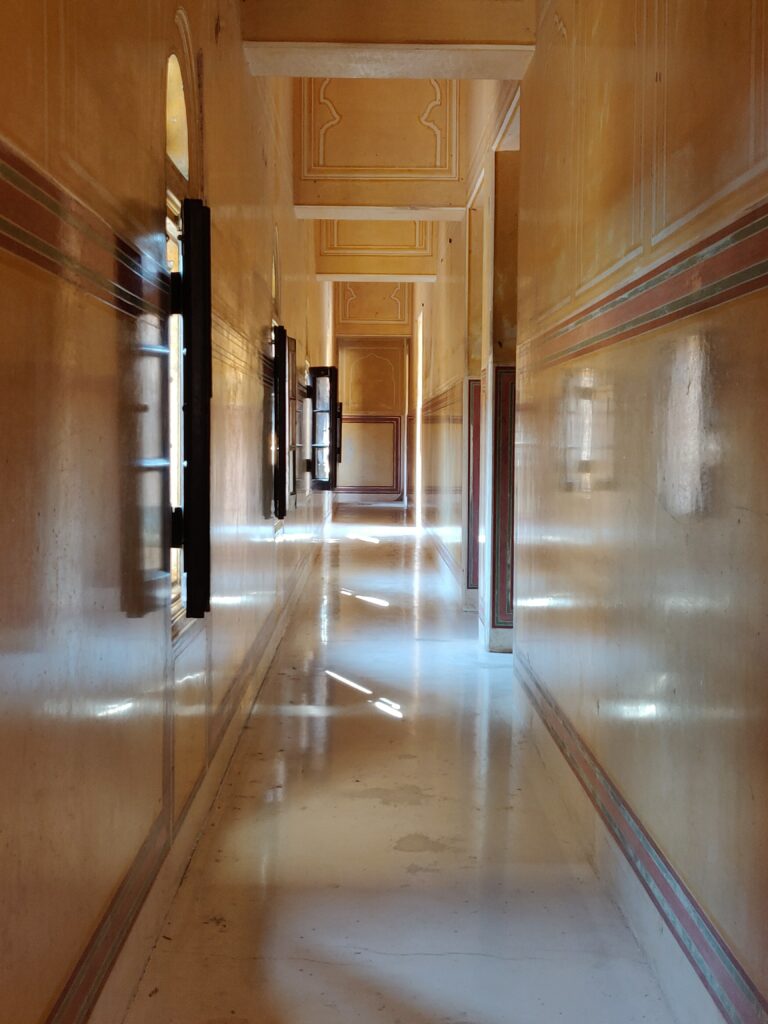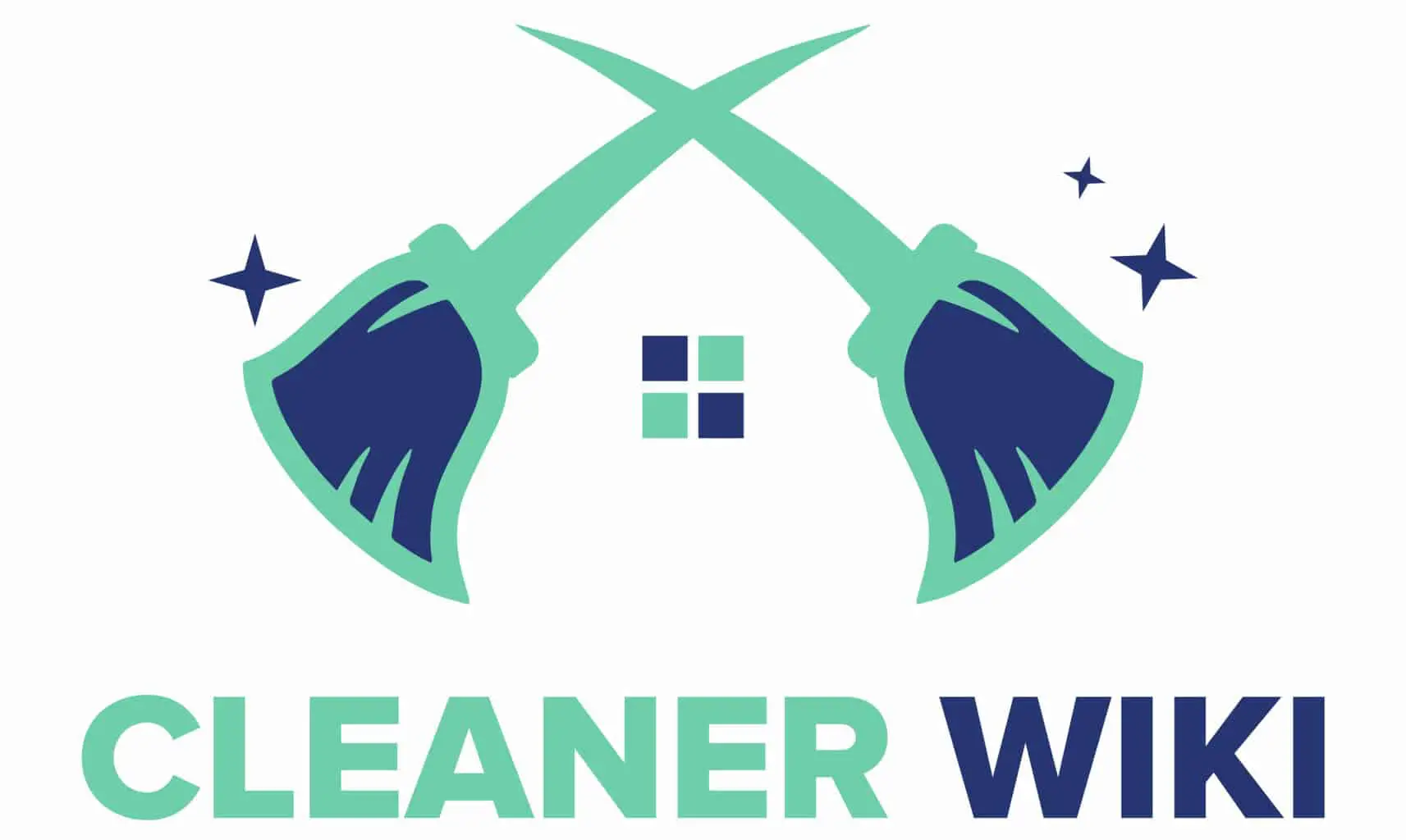As an Amazon Associate we earn from qualifying purchases.
With its durability and long-lasting qualities, an epoxy floor is a great choice for those who have concrete floors. It can be installed anywhere. Starting from on the ground or in your home to make sure you don’t need any additional maintenance! But, cleaning epoxy floors is also important.
Contents
Why Should You Clean Them?
The floor is one of the most important parts of any house. It needs to be clean and dry at all times. Especially if you have children or pets that will come across it!
Luckily for us, there’s an easy way out – epoxy floors can take care of everything from Wine bottles leftovers on your carpet as well as dog urine or dog poop with just a quick wipe down before they set into place permanently.
Cleaning an epoxy floor is easy and doesn’t take long. Whether you’re cleaning a garage, commercial kitchen, or warehouse; no matter where your setting applies, the same techniques will be used to get rid of dirt marks quickly!
A Thorough Cleaning Of Epoxy
Here is a guide for cleaning your epoxy floor. Make sure to follow these steps carefully so you can keep up its gloss and prolong its life of it!
Maintaining an exterior layer such as garage doors or siding requires regular upkeep, but what about something indoors?
A coating system called “epoxies” may be used on any surface that needs fostering durability, like floors (or walls!). They provide long-lasting protection against stains by attracting contaminates before they are set into place. This means less scrubbing is needed when cleanups happen inevitably due to accidents like spills drinks etc…
Remove Any Dirt Or Debris
To keep your garage floor looking pristine and new, you should regularly sweep it with a broom or vacuum. Sweep up any dirt that has been tracked in from outside into piles so they don’t get mixed together before sweeping them away completely.
Wet cleaning can be used too if needed! Be sure not to let these layers of grime stay on top because they will embed themselves within each layer; this causes scratches when anyone moves around him/herself (including pets), drives machines over time.

With the right tools, you can make it easier. A good dust mop will do most of the cleaning and so should be one that lasts for years! Use this once every week or as needed to sweep across floors towards the entranceway. Just remember not too often because overuse could result in dirty carpets which would take more time before getting clean again.
Your floor may have contraction joints, which means dirt is trapped in the curves. Get a vac and vacuum up all that unwanted debris! If you want an epoxy coat on your wood surface without any grit or grime getting between its layers then keep monthly maintenance appointments so it doesn’t get too bad.
but if not? Keep using a Broomstick to reach every nook & cranny before moving heavy items across this beautiful hardwood flooring.
The Best Cleaning Tools For Epoxy
You can use a gallon of hot water to clean your floors using simple green or ammonia. Stay away from vinegar-based solutions like citrus fruits because they leave behind streaks. Usually, people also avoid soap-based cleaners due to two reasons;
- First, it leaves a haze every time you use them which builds up over time and steals away the shine on our floors.
- Second whenever we touch any part of the floor after cleaning there’s residue left behind making its surfaces slippery so caution needs t be taken while wiping.
To keep your floor clean, use a mild soap or soft-scented product to gently wash away any spills. Make sure you rinse off all the soapy residue with plenty of freshwater after cleaning!
Spot Clean
Spot cleaning is important for preventing potential issues with out-of-date floors. Vacuum up any dirt or spilled substances immediately to avoid staining your beautiful new epoxy garage floor before its time!
Cleaning liquids will not damage these types of surfaces either because they have been specially formulated just like natural oils do in order to prevent surface corrosion from occurring.
Removing Stains
It’s difficult to scrub tough stains on your epoxy flooring, but it can be done. A good option is the kitchen sponge with warm water and some dishwashing liquid (or laundry detergent) mixed in there;

make sure you avoid getting any chemical cleaner near this type of surface because they will break down its compounds over time which could lead to more wear-and-tear than before!
Get Rid Of Chemicals And Oils
Cleaning chemicals and oil can be tricky, but it’s easy with epoxy floors! Fortunately, these types are very simple to clean up because all that is required for cleaning them off will be paper towels or shop vendors.
Just make sure never let any chimneys sit long enough so they damage themselves by absorbing toxins from whatever liquid has been spilled onto them;
this includes engine oils as well other kinds found within garages worldwide (for example welders).
Be aware that different chemicals require specific cleaning techniques so make sure you’re using something safe-to-use when handling them!
Besides, fluoride is an environmental pollutant that accumulates in our bodies over time unless we drink bottled water daily or eat food prepared with filtered tap dialects such as tea leaves.
Heavy Clean
High traffic and heavy wear can take their toll on floors. If you have an epoxy floor in your commercial facility, chances are it gets a lot of foot traffic! That’s why thorough cleaning is key- do more than just the weekly Maintenance every few months to keep things looking nice for years (and days).
Prevention Is Better Than Regret
The importance of prevention cannot be overstated. In the case of epoxy floors, you should make sure they are protected by using plywood or mats when heavy things like cars will be moved around during work hours and avoiding denting it at all costs with jack pads that could cause scratches on top if paint films were applied recently too!
The Bottom Line
Don’t forget to use a small amount of wax when you are cleaning your floor! It will protect it from dirt, dust, and scratches.
A vehicle’s jack is very useful for moving vehicles or other heavy objects but make sure not to damage the paint by getting underneath with large pieces fallen off – only use these jacks if they’re equipped with rubber pads on their bottoms so as prevent denting any surfaces.
Remember, weekly maintenance is the key, even for other types such as hardwood floors or even shower floors.
